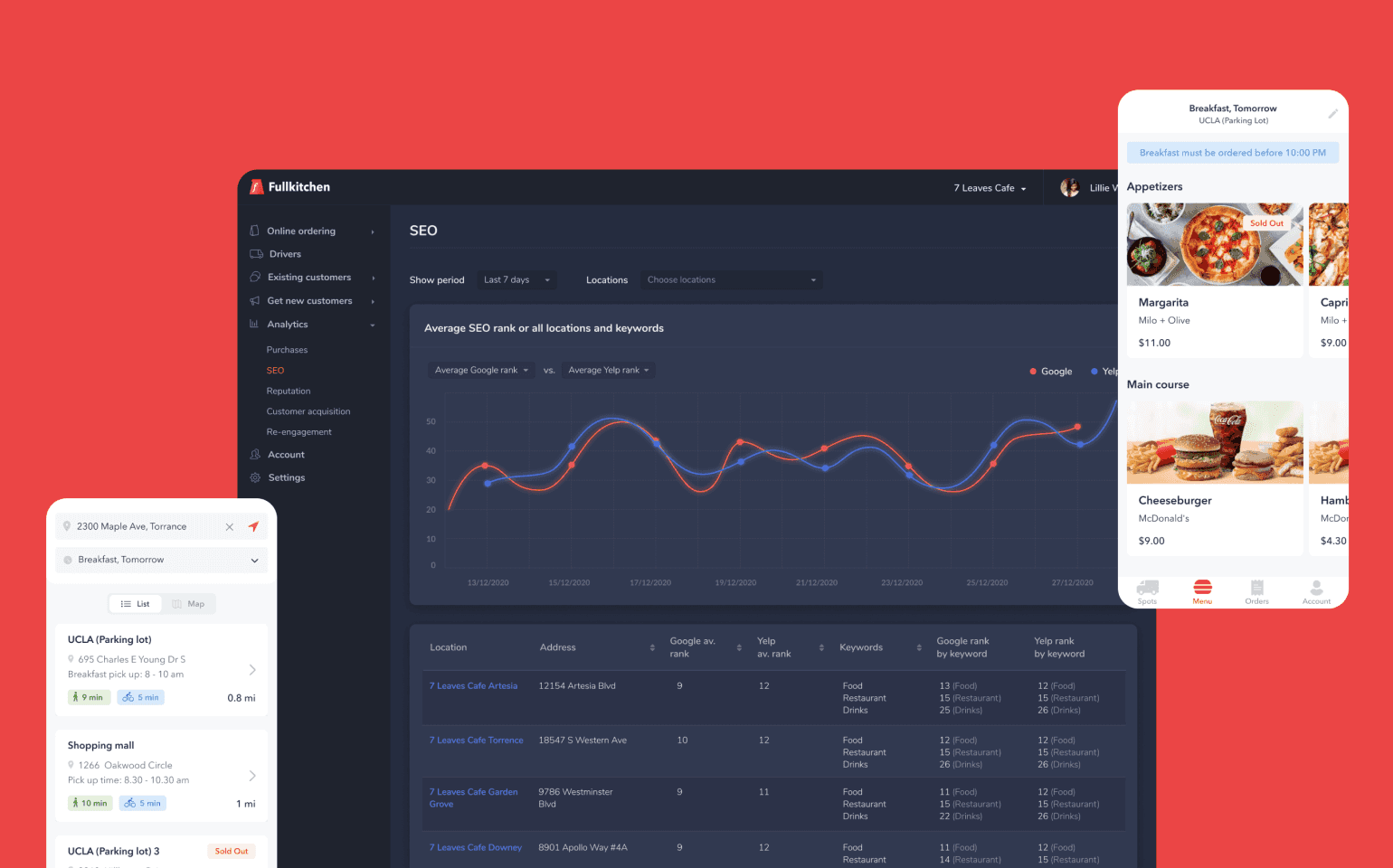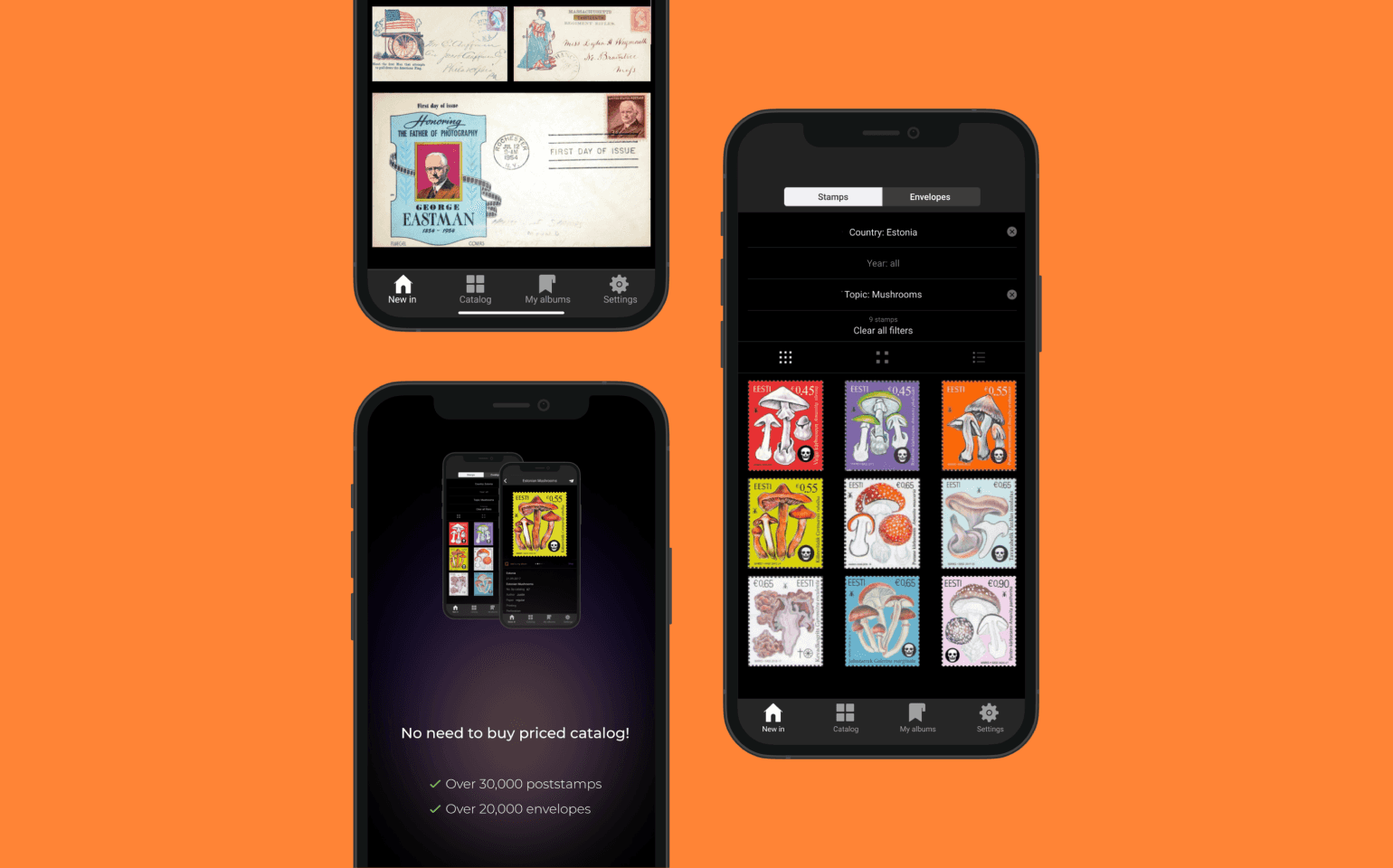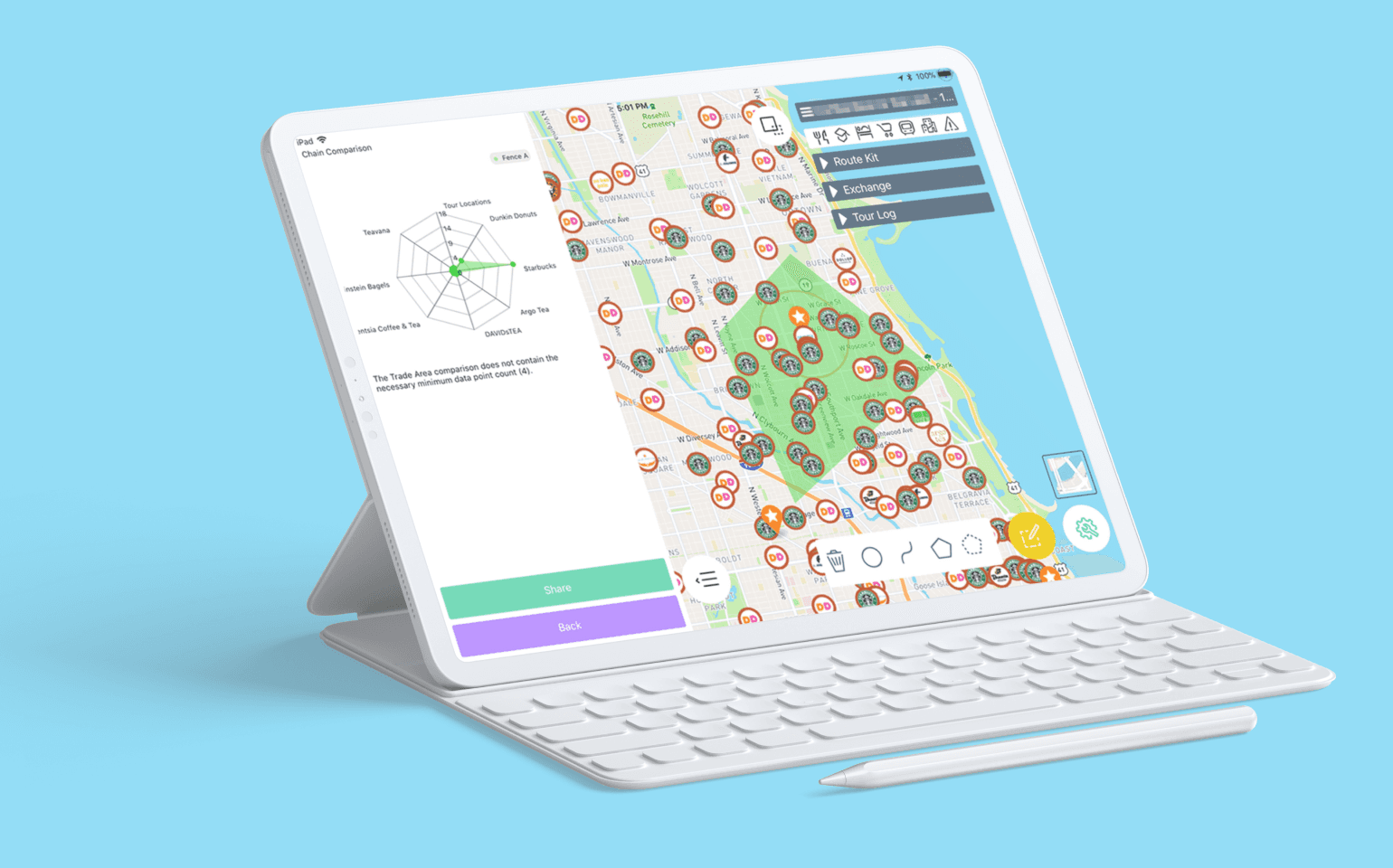Custom mobile application development services
We provide end-to-end mobile app development services to clients from Tokyo to Los Angeles and from Berlin to Melbourne. We specialise in user-centered solutions across native, cross-platform, and progressive web applications that comply with our clients’ business requirements.
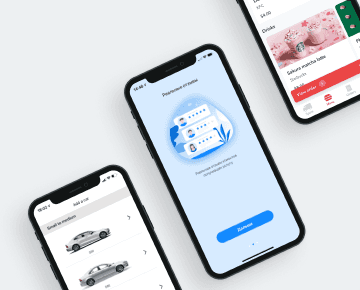
The apps we build
We employ a variety of frameworks to build different types of apps.

Cross-platform app development
cross-platform development service

Native app development
- iOS app development with Objective-C and Swift
- Android app development with JavaScript and Kotlin
contact us

We’ve had the pleasure of working with a dedicated team from Rubyroid Labs for over two years.

Featured mobile app development stories
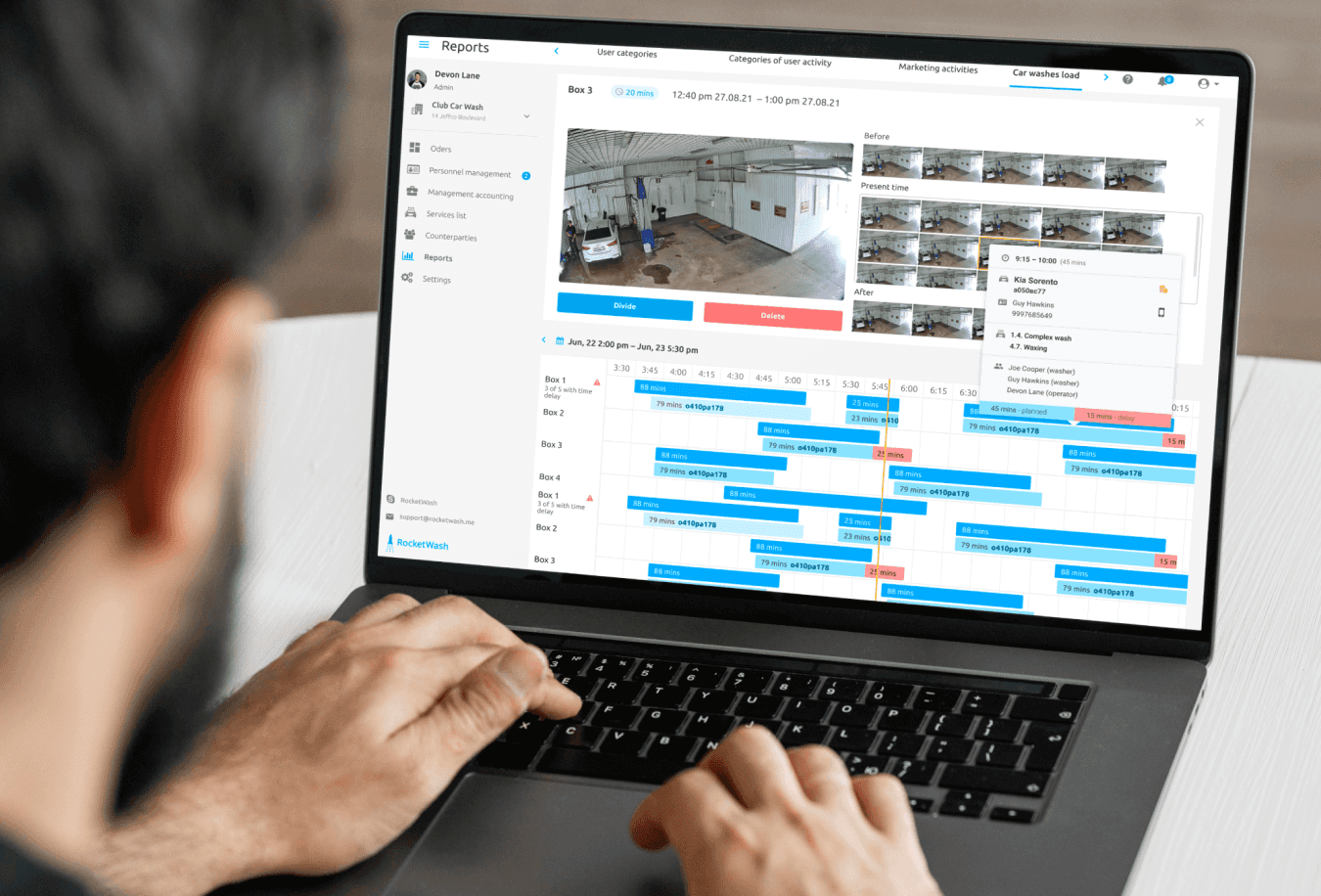
We are proud of our product and the Rubyroid Labs team helped us make this happen.

Market fit
We consider your target users and competitors when developing your app’s user interface (UI). This approach enables us to create an application design that not only resonates with users but also stands out in the market.
Performance
We prioritize optimal app performance, ensuring fast load times, efficient data handling, and smooth operation across different devices and operating systems. Our focus is on creating apps that are not only functional but also consistently reliable and responsive.
Usability
We design for ease of use, ensuring that the app's interface is intuitive, engaging, and user-friendly. This involves thoughtful layout, straightforward navigation, and a clear, accessible design that enhances the overall user experience.
Security
Protecting a mobile app's code from hackers and other security threats is crucial. Our app development solutions incorporate strong security measures, including encryption, SSL (Secure Sockets Layer) for safe data transmission, and JWT (JSON Web Tokens) for secure authentication.
2013
year of establishement
Warsaw, Poland
the city we are headquartered in
30+
mobile apps built
15+
mobile developers
4-8 years
an average experience of our engineers

Proven track record
Since 2013, we have successfully completed over 30 mobile and 200 web application projects across multiple industries, including:
Total transparency
We maintain full transparency throughout the development process, employing Agile methodologies.
Client-centric approach
A can-do attitude and willingness to listen to your needs enable our development team to dive into your business domain and offer customized solutions to meet your business goals.
Adaptive development
Our developers are quick to adapt to changing work environments, ensuring smooth coordination and overlap of working hours.
Focus on time-to-market
Understanding the critical nature of time-to-market for our clients, we break down the project scope into manageable iterations, employing effective strategies to accelerate the product’s market readiness.

Mobile app development process
By outsourcing your project idea to us, you gain access to a fully transparent, end-to-end mobile application development process. You’ll be involved in various development stages, which include:

- Technology for the application
- App’s architecture
- Team structure
- Design
You can choose how to outsource your job to our mobile app developers, depending on your project’s specifics.
- project specifications
- technical documentation
- clearly described your expectations in writing.
- are not sure how much work will be needed
- lack usable project documentation
- might change your requirements at some point.
- think a full-time team will do best
- can manage your project yourself
Let’s build your app
Please fill out this form, and our manager will contact you within one business hour. If necessary, we can sign an NDA and begin project discussions.

FAQ
What services does Rubyroid Labs provide for mobile app development?
At Rubyroid Labs, our mobile app development services include:
- Consulting and prototyping
- UI/UX design services
- Custom iOS application development
- Custom Android application development
- Cross-platform app development
- Progressive Web App development
- QA testing services
- Maintenance and continuing support
How much does it cost to develop a mobile app?
Several factors influence the cost of mobile app development:
- The type of mobile application: Native, cross-platform, hybrid, and progressive web apps each have different costs and require specific developers’ skills.
- The quantity and complexity of an app's features, the technologies to be implemented, the number of screens, the need for API connections, user profiles, and security level.
- The app’s localization and the need for language support.
- Integration of payment systems, QR codes, or other gateways.
- Programmer rates, skills, and experience.
- The type of mobile platform – iOS and Android have different development requirements.
After discussing these factors, we create a detailed description including user journeys, tech stack, project costs, and timeline.
How long does it take to develop a mobile application, and how can I reduce time-to-market?
The time required to develop a mobile application varies depending on factors such as feature complexity, screen sizes, frameworks, and platforms used. Mobile app development is indeed a time-consuming process, and the duration can range from 2 to 6 months for relatively simple apps.
What is the difference between cross-platform app development and hybrid mobile app development?
A hybrid app combines features from both native and web applications. It is created using web technologies such as HTML, CSS, and JavaScript, and then encapsulated in a native framework. This enables the app to be installed and used as a native app on a user's device. In comparison to a cross-platform app, a hybrid app has the following benefits:
- Smooth Performance: The app delivers a seamless user experience with fast and responsive performance.
- Native-like Behavior: Users interact with the app just like they would with a native app, providing familiarity and ease of use.
- Platform Specificity: The app considers the unique features and requirements of both iOS and Android platforms, ensuring optimal functionality on each.
- User-Centric Approach: The app takes into account user behavior and preferences on each platform, enhancing the overall user experience.

